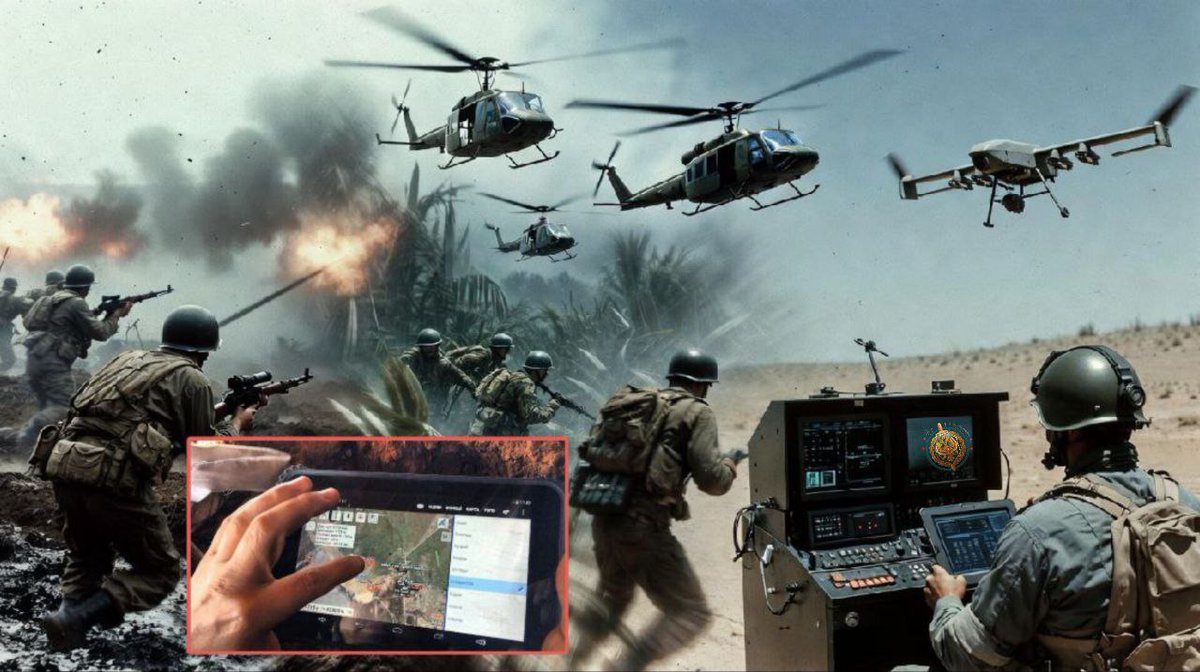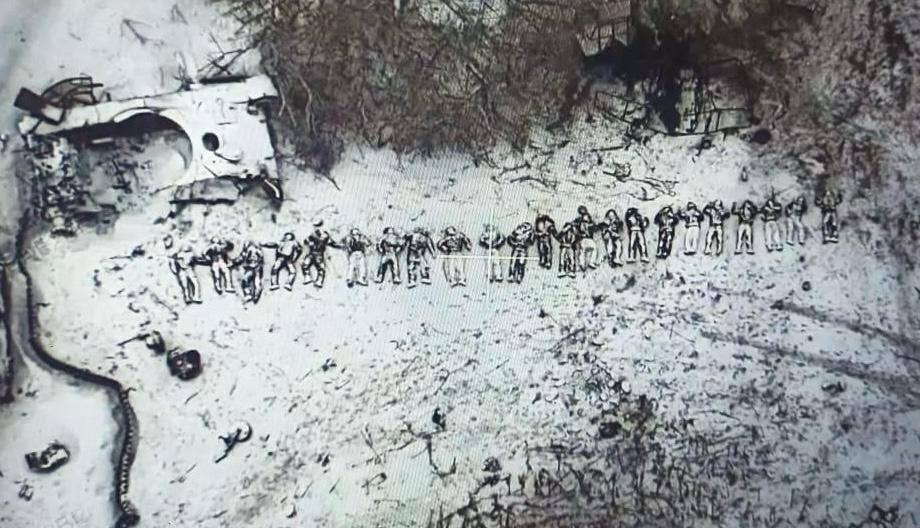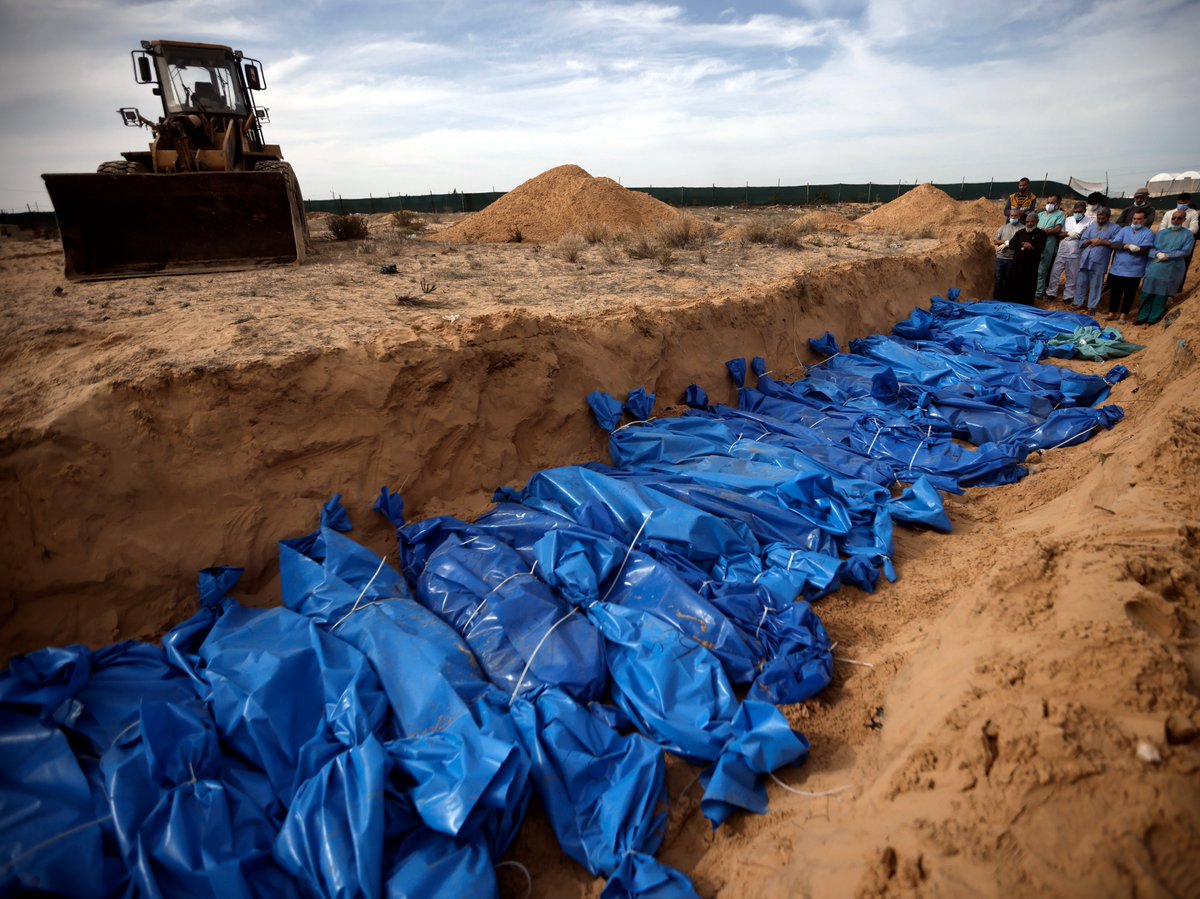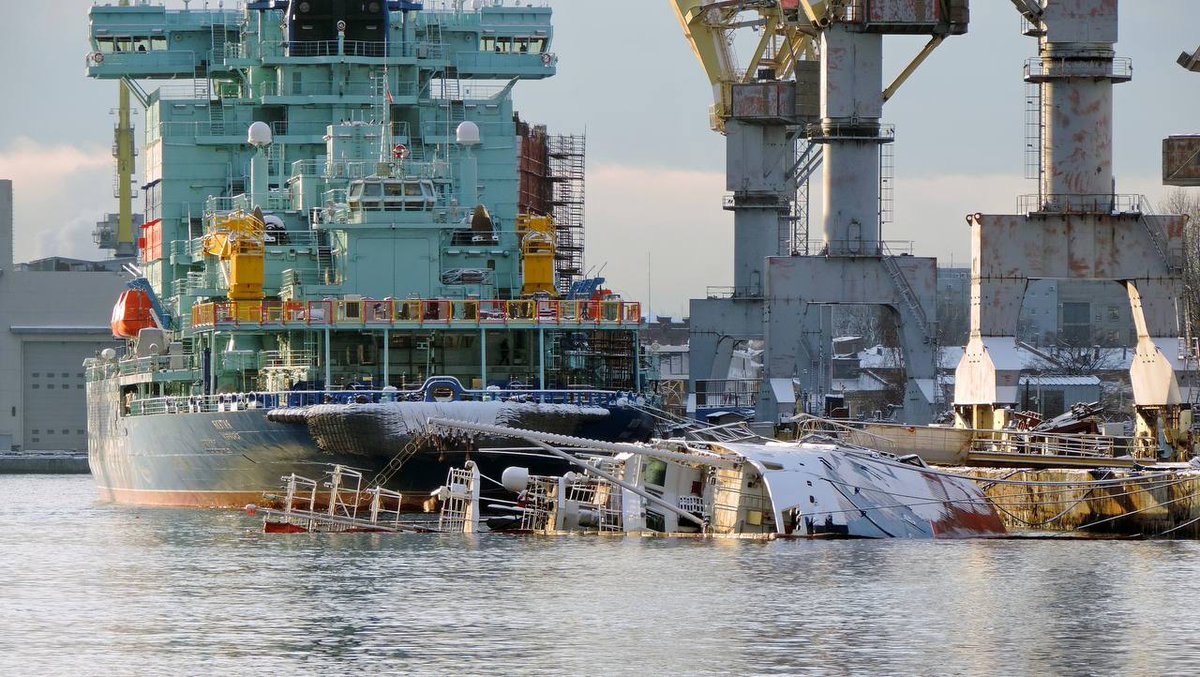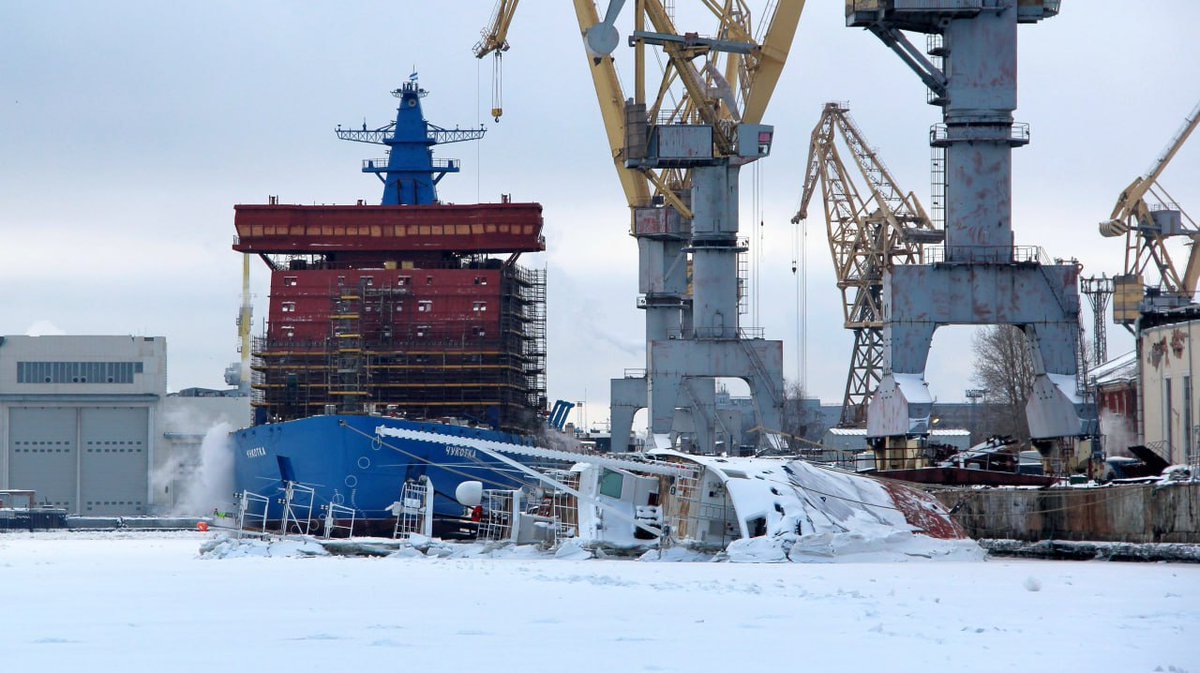1/ As Ukrainian forces advance in the Kursk region, law and order in frontline Russian-held areas is reported to have collapsed completely. "Rampant looting" is said have broken out – being done by the Russians themselves – while local residents say they feel abandoned. ⬇️ 

2/ The VChK-OGPU Telegram channel reports that "in the border areas of the Kursk region, where fighting has been going on all week, there are no police, no firefighters, no doctors, no representatives of the administration.
3/ "According to official information, more than 76,000 people left the settlements (most of them left on their own, since there was no organized evacuation, despite the statements of the authorities), but there are still people there, mostly elderly."
https://x.com/wartranslated/status/1822906476030992473
4/ The channel says that "the desertion of villages and towns has become a catalyst for rampant looting". The disorder is being carried out by the Russians themselves, though it isn't clear if opportunistic civilians or indisciplined soldiers are responsible.
5/ A local resident says: "They are robbing stores, there is a collapse in Korenevo, the “Magnit” [supermarket, pictured below] was simply destroyed. There is no water, no gas, no electricity. 

6/ "There was no organized evacuation, and if there was, then why didn’t we hear anything about it in Lobanovka [an outlying area of Korenevo]?"
According to VChK-OGPU, "a similar situation exists in other border municipalities."
According to VChK-OGPU, "a similar situation exists in other border municipalities."
7/ It reports that "Kursk residents are sure that representatives of the [regional] administration, having abandoned people to their fate, themselves provoked the collapse in the border areas.
8/ "Currently, it is impossible to get through to the administration of the Korenevsky district of the Kursk region. People are forced to self-organise in order to protect themselves and their property and essentially perform the functions of state and law enforcement agencies."
Source:
t.me/vchkogpu/49824
t.me/vchkogpu/49824
Addendum: The Ukrainians have now published a video which shows soldiers, possibly from the Rosgvardia, looting an abandoned Russian house in the Kursk region. New thread here:
https://x.com/ChrisO_wiki/status/1823003072177553458
• • •
Missing some Tweet in this thread? You can try to
force a refresh


